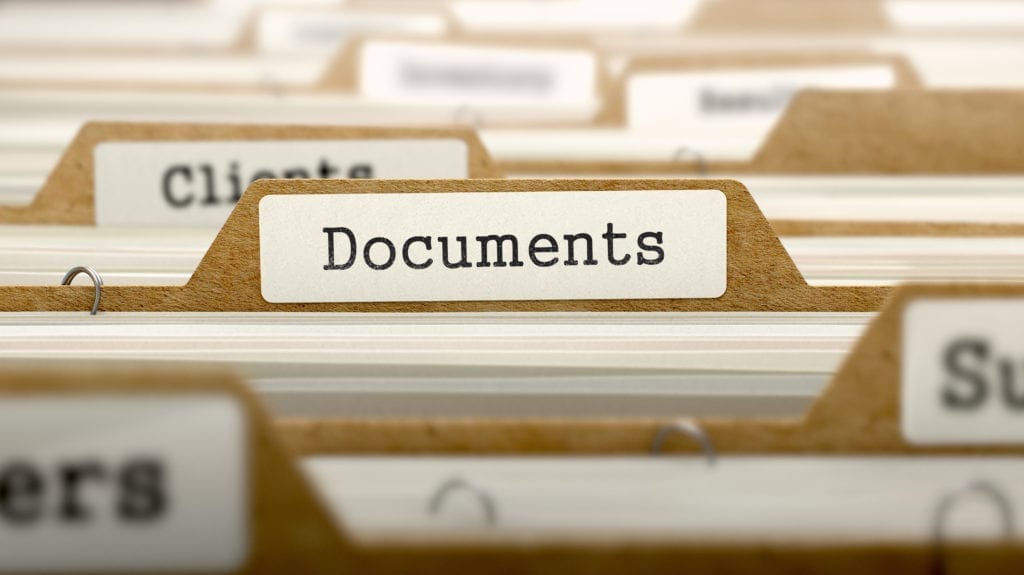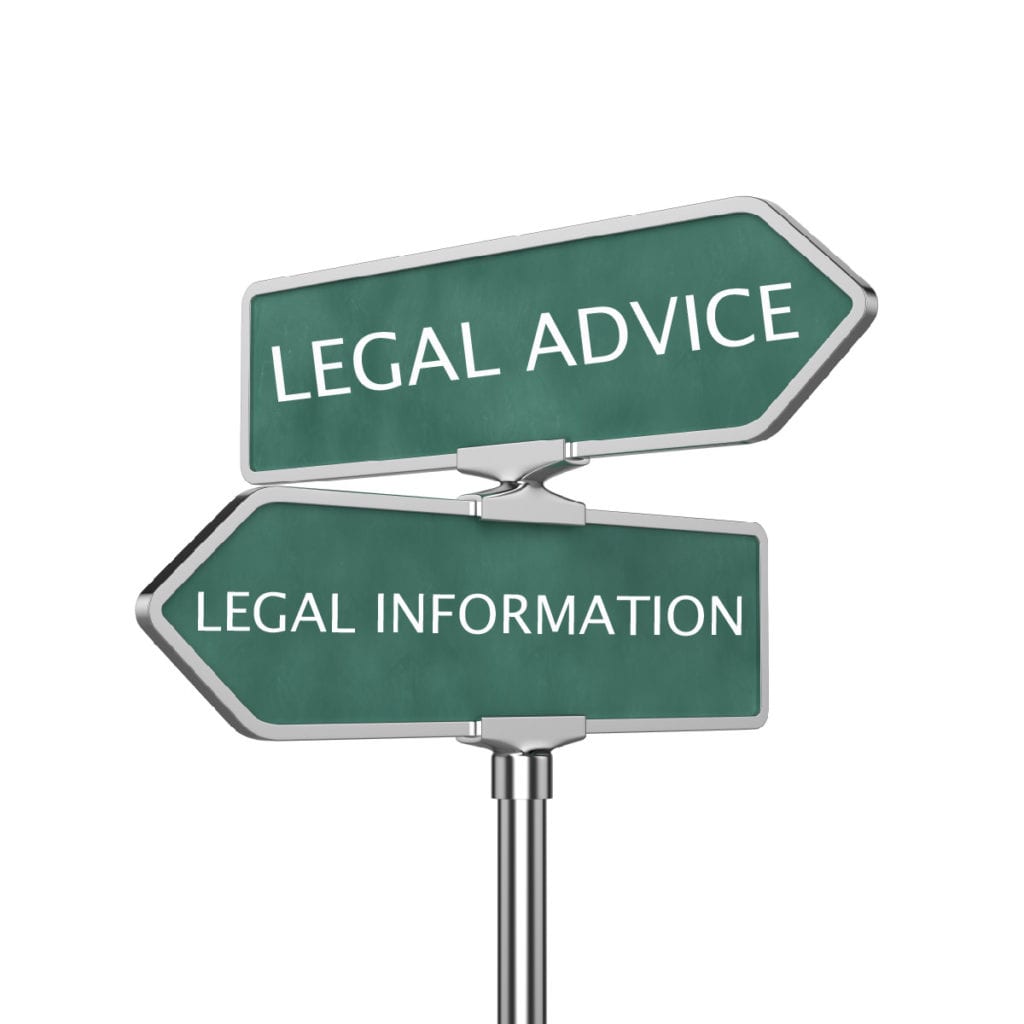When a lawyer leaves a firm, what documents may he or she take?

What documents or work product may lawyers take with them when they leave? Lawyers often refer to previously drafted papers when drafting anew, so they would reasonably want to take certain “form files” when they leave. But can they without permission? The American Bar Association has taken the view that to the extent that “documents […]
Dealing With Bad Online Reviews

With the rise of Google reviews and websites like Yelp and Avvo, it has become easier for a client or former client to widely disseminate derogatory comments about you and the legal services you provide. Such a review would likely get your blood boiling, and the temptation to respond forcefully will be high. But before […]
Past Successes: What Can Lawyers Say About Them?

When marketing their practices, lawyers certainly want to tell potential clients about their successes. They want the world to know how they have taken care of clients in the past. But lawyers must tread carefully. Each jurisdiction has its own rules on this issue, but all uniformly prohibit statements that might be false, fraudulent, deceptive […]
Are You Improperly Giving Legal Advice On the Internet?

Lawyers are allowed to give general answers to legal questions posed by laypeople on social media, chat rooms, blogs, websites, and other internet platforms. That said, lawyers should not provide specific legal advice, because those communications may inadvertently create an attorney-client relationship. One ethics opinion has held that “answering questions on the Internet is analogous […]
Your Law Firm Should NOT Own Real Estate

Lawyers often want to own their offices. Rent payments add up over time, and once that rent money is spent, there is little or nothing to show for it. Instead of paying rent, lawyers may decide to use those funds to build equity in a real asset that is independent of their law firm. We […]
Operating Law-Related Side Businesses: The Basics

In recent years, accounting firms have been encroaching on work that law firms traditionally performed. If other industries are coming for the law, why shouldn’t lawyers offer complimentary non-legal services through ancillary businesses? Some already are. Below are some of the issues that lawyers must consider if they plan to offer law-related services in addition […]
Potential Limitations On Naming Your Law Firm

Law firm names are generally governed by Rule of Professional Conduct 7.5. In short, law firm names must not be “false, fraudulent, deceptive or misleading.” Applying this rule, law firms should not use names implying that they have more than one attorney when in fact they do not. In June 2016, the State Bar of […]
One Way to Limit Client Disputes

Many client disputes arise from a disagreement about the nature and scope of the engagement. Most clients will assume their lawyer is doing more for them than a lawyer intends. One way to limit disputes about what you were or were not hired to do is to clearly state, in writing, the scope of the […]
Have You Planned for Disaster?

Imagine this: After a long, but successful week, you lock up your law office and head home for a relaxing weekend. On Sunday afternoon, you receive a call and learn that somehow a fire was started in or near your building and half your office was ravaged by a fire. The other half is still […]
The Ethics of Law Firm Logos

Law firm logos are generally not considered “advertising” under ethics rules, so the restrictions on advertising and solicitation usually do not apply. (e.g., New York, Utah). Jurisdictions that have discussed logos recognize that they typically do not extol a firm’s expertise, encourage a person to contact the firm, or otherwise solicit employment. Instead, logos are […]
